November 14, 2024 | 13:01 GMT +7
November 14, 2024 | 13:01 GMT +7
Hotline: 0913.378.918
November 14, 2024 | 13:01 GMT +7
Hotline: 0913.378.918
During the quarterly meeting of the first quarter of 2024, Mr. Duong Tat Thang, General Director of the Department of Livestock Production, reported that Vietnam's livestock activities remained relatively stable throughout the beginning of 2024 with no significant fluctuations; and poultry disease outbreaks have been brought under control. Compared to the first quarters of previous years, the livestock industry achieved impressive results, with a growth of 4.8%.
According to Mr. Nguyen Thanh Son, Chairman of the Vietnam Poultry Association, Vietnam's livestock industry aims to achieve high efficiency towards the end of the year. Notably, local governments in border regions must enhance efforts to prevent and combat the illegal import of poultry and poultry products, with a focus on discarded laying hens along the southern border.
Mr. Son cited the two international border gates of Cha Lo in Quang Bình province and Nam Can in Nghe An province as examples of this issue. It is estimated that approximately 60,000 discarded laying hens are smuggled across the Vietnam-Laos border per week, which is equivalent to 720 tons per month, with many of the hens originating from Thailand.
Reportedly, several businesses take advantage of officially imported poultry products by mixing discarded laying hens from Thailand with their legitimate products for domestic consumption.
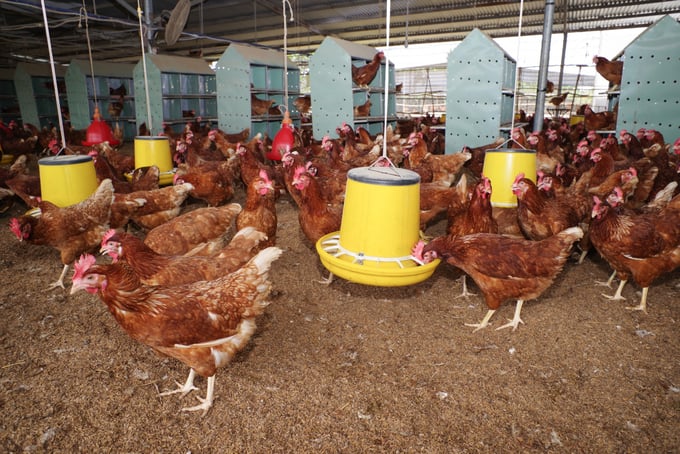
Foreign discarded poultry being transported into the country is affecting domestic livestock production. Photo: Hung Khang.
Mr. Son emphasized the need to control and prevent both formal and informal imports of poultry products. Regarding formal imports, the Ministry of Agriculture and Rural Development has assigned the Department of Animal Health to amend Directive No. 25/2016. This adjustment presents an opportunity to review and supplement stricter regulations on imported poultry products.
Additionally, Mr. Son believes that these bottlenecks are critical to Vietnam's livestock industry in both the short and long term. Failure to address these issues could result in Vietnam having an excess of poultry product imports.
Mr. Nguyen Xuan Duong, Chairman of the Animal Husbandry Association of Vietnam, emphasized: "We are not facing a food shortage; domestic production is sufficient. With the growth rate of the livestock industry ranging from 3 to 5%, and a relatively stable population, there is little to no risk of food shortages."
Regarding efforts to combat the illegal import of poultry products, Mr. Nguyen Van Long, General Director of the Department of Animal Health, highlighted the current Vietnam-Laos Border Trade Agreement, which exempts livestock produced by residents in Laos' border districts from all types of permits and quarantine inspections when entering Vietnam.
Accordingly, this provision needs to be amended to ensure the safety of imported poultry products from Laos into Vietnam.
"In domestic trade, inspections are required among provinces. However, inspections are not required between Laos and Vietnam, and all paperwork is waived. So, what can we do to prevent illegal imports? We have advised the Ministry of Agriculture and Rural Development to collaborate with the Ministry of Industry and Trade, Ministry of Foreign Affairs to urgently amend this agreement. If we are not careful, poultry products from Thailand, Cambodia, China, etc. will circulate through Laos and enter Vietnam, and we cannot stop them," stressed Mr. Long.
Deputy Minister of Agriculture and Rural Development Phung Duc Tien commended local efforts in preventing and controlling livestock and poultry diseases, which have achieved significant results in the first quarter of 2024.
However, the risk of disease outbreaks is high, and the construction of disease-free zones is limited, lacking zones meeting the disease-free standards set by the World Organization for Animal Health.
In order to address this issue, provinces and cities must direct specialized agencies, local governments, and businesses operating within their jurisdiction to thoroughly study Vietnam's regulations, the World Organization for Animal Health's regulations, and the requirements of importing countries to develop detailed plans, and organize the construction of disease-free livestock areas aimed at export.
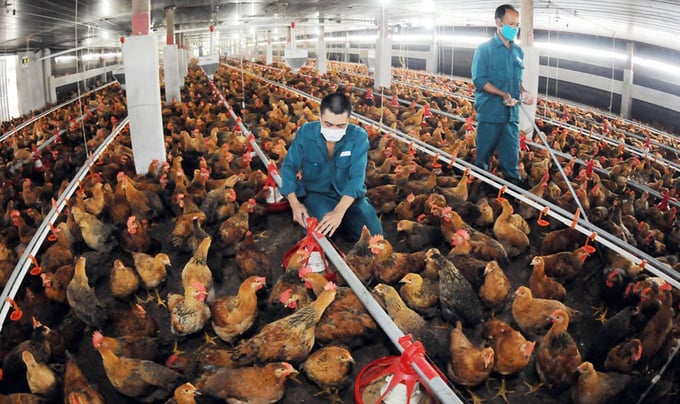
Vietnam aims to establish disease-free livestock production areas aimed at export towards the end of 2024. Photo: Hung Khang.
With the proposal to establish technical barriers, Mr. Nguyen Van Long stated that Vietnam has joined the World Trade Organization and signed multiple free trade agreements. The Law on Livestock Production also stipulates that domestic livestock operations must meet international integration requirements, and comply with international conventions in which Vietnam is a member.
"If we unilaterally establish technical barriers, it would elicit reactions from other countries. Namely, they may question that why Vietnam, having joined the WTO and signed 19 FTAs, is now acting differently, and demand explanations," shared Mr. Long.
Additionally, Vietnam is currently operating under market mechanisms and has requested recognition as a market economy by other countries. Consequently, it cannot create its own playground that violates or conflicts with the agreements that it has signed.
Mr. Long added that in recent years, Vietnam has strengthened a number of regulations pertaining to the import of livestock products.
For example, the Department of Animal Health issued 145 documents to 58 countries in 2023, regarding the export of animals and animal products to Vietnam. Furthermore, the documents requested comprehensive reviews of all sensitive and special products. Reportedly, 120 documents were issued to 50 countries in the first three months of 2024.
The Department of Animal Health has also submitted inspection decisions to the Minister. According to these decisions, a considerable number of businesses involved in importing animals and animal products are subject to inspection in 2024.
Furthermore, Mr. Long highlighted the need to amend several legal documents, which include Decree No. 15/2018/ND-CP on the implementation of the Law on Food Safety, which allows for periodic and surprise inspections, disease inspections, and the addition of food safety criteria to imported products.
Translated by Nguyen Hai Long
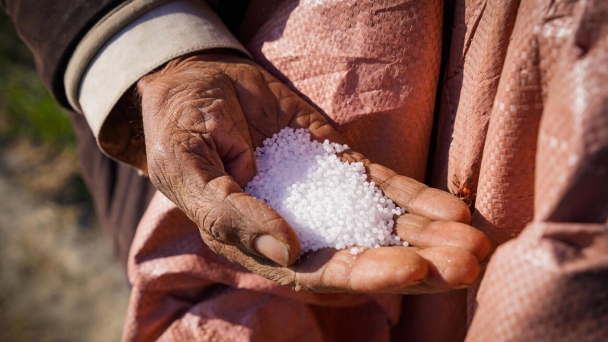
(VAN) The United Nations Global Nitrous Oxide Assessment reveals urgent need for action to mitigate N₂O emissions to prevent catastrophic climate, environmental, and health impacts.

(VAN) Making payments directly to farmers can encourage them to use fertilizer more wisely, thereby improving soil health, yields and the environment.
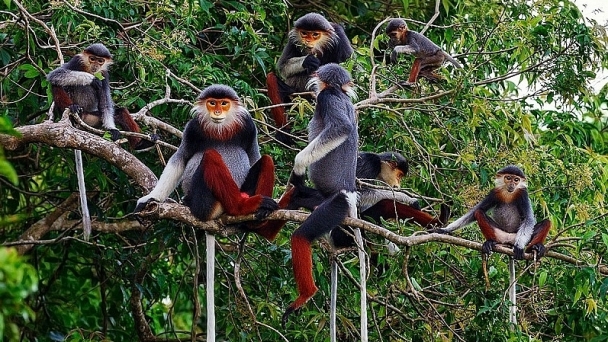
(VAN) On November 8, Deputy Prime Minister Tran Hong Ha signed Decision No. 1352/QĐ-TTg, approving a new establishment of 61 new protected areas.
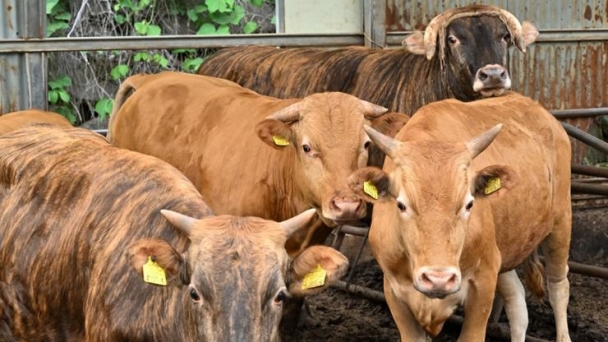
(VAN) Korea plans to cut 1.6 million tons of greenhouse gas emissions each year from 2030 by utilizing cattle feces as a new source of energy, the government said Friday.
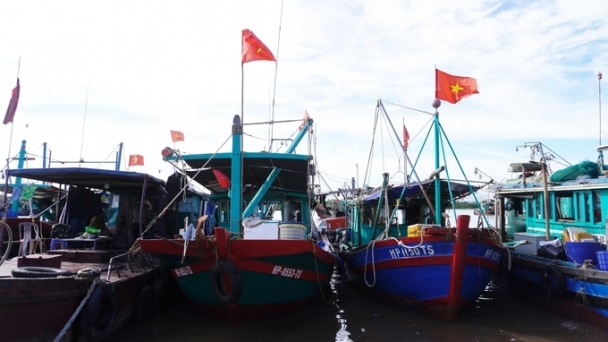
(VAN) This is a directive from the Prime Minister Tran Hong Ha regarding urgent tasks and solutions to combat IUU fishing.
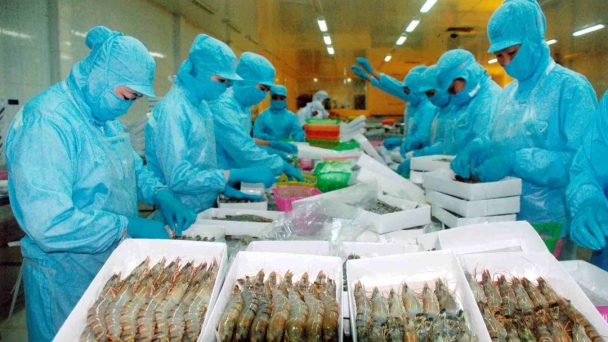
(VAN) The regulation requiring the addition of iodine to salt used in food processing continues to pose challenges for seafood processing enterprises in Vietnam.
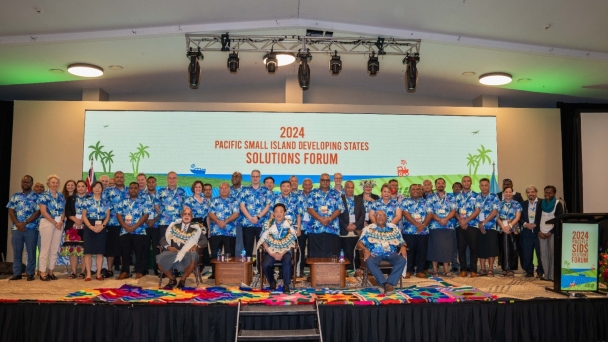
(VAN) Platform co-organized by FAO and the Government of Fiji showcases impact and scalability of innovation in the Pacific.